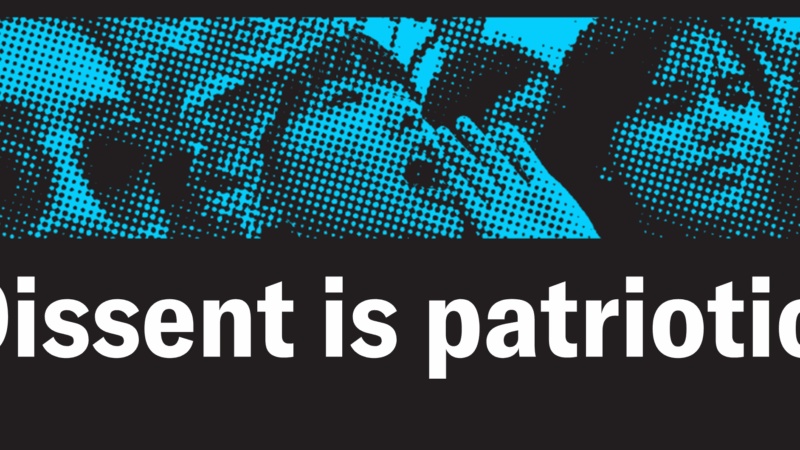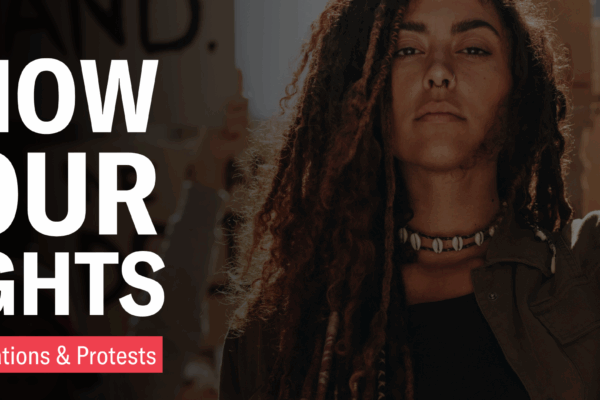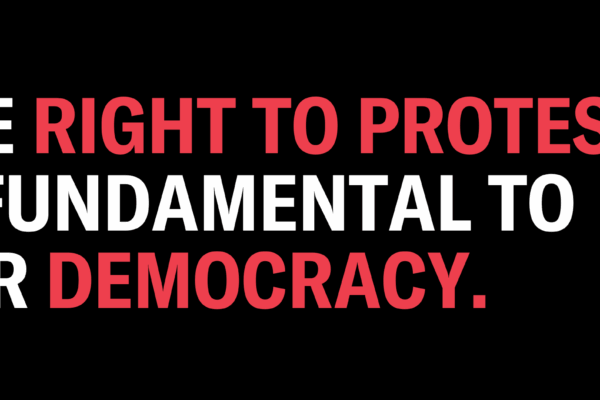Free Speech
The Constitution's framers believed that freedom of inquiry and free expression were the hallmarks of a democratic society. But historically, at times of national stress — real or imagined — First Amendment rights come under enormous pressure.

What you need to know
70% increase
in censorship and book ban requests recorded by libraries in 2022 - the highest in over 20 years
Over 600
anti-LGBTQ bills have been introduced across the country since 2022
"Congress shall make no law . . . abridging the freedom of speech, or of the press, or of the people peaceably to assemble, and to petition the Government for a redress of grievances." - First Amendment to the United States Constitution
It is no coincidence that freedom of speech is the first freedom mentioned in the First Amendment. Freedom of inquiry and free expression are the hallmarks of a democratic society and an informed citizenry. But historically, at times of national stress and threats to democracy — real or imagined — First Amendment rights come under enormous pressure. We're seeing that today in increased calls for censorship, unprecedented levels of book banning, and attempted erasure of LGBTQ+ identities and expression.
The ACLU of Delaware stands firmly in defense of free speech and the critical role it plays in empowering our communities. The free exchange of ideas enriches and improves the lives of everyone, especially those most marginalized and disenfranchised by systemic inequality. From developing resources to keep people educated about their First Amendment rights, to extensive legal battles to uphold the constitutional guarantee of those rights — our work to protect freedom of speech and the invididuals who exercise that freedom is unending.
*Data from the ALA's Office for Intellectual Freedom and the Movement Advancement Project
The Latest

Protecting Your Digital Privacy at Protests

Demonstrations and Protests
Cases, Campaigns & Legislation
Wilmington Food Not Bombs v. Jennings
Overington v. Fisher et al
Stay Informed
Sign up to be the first to hear about how to take action.
By completing this form, I agree to receive occasional emails per the terms of the ACLU’s privacy statement.
By completing this form, I agree to receive occasional emails per the terms of the ACLU’s privacy statement.


